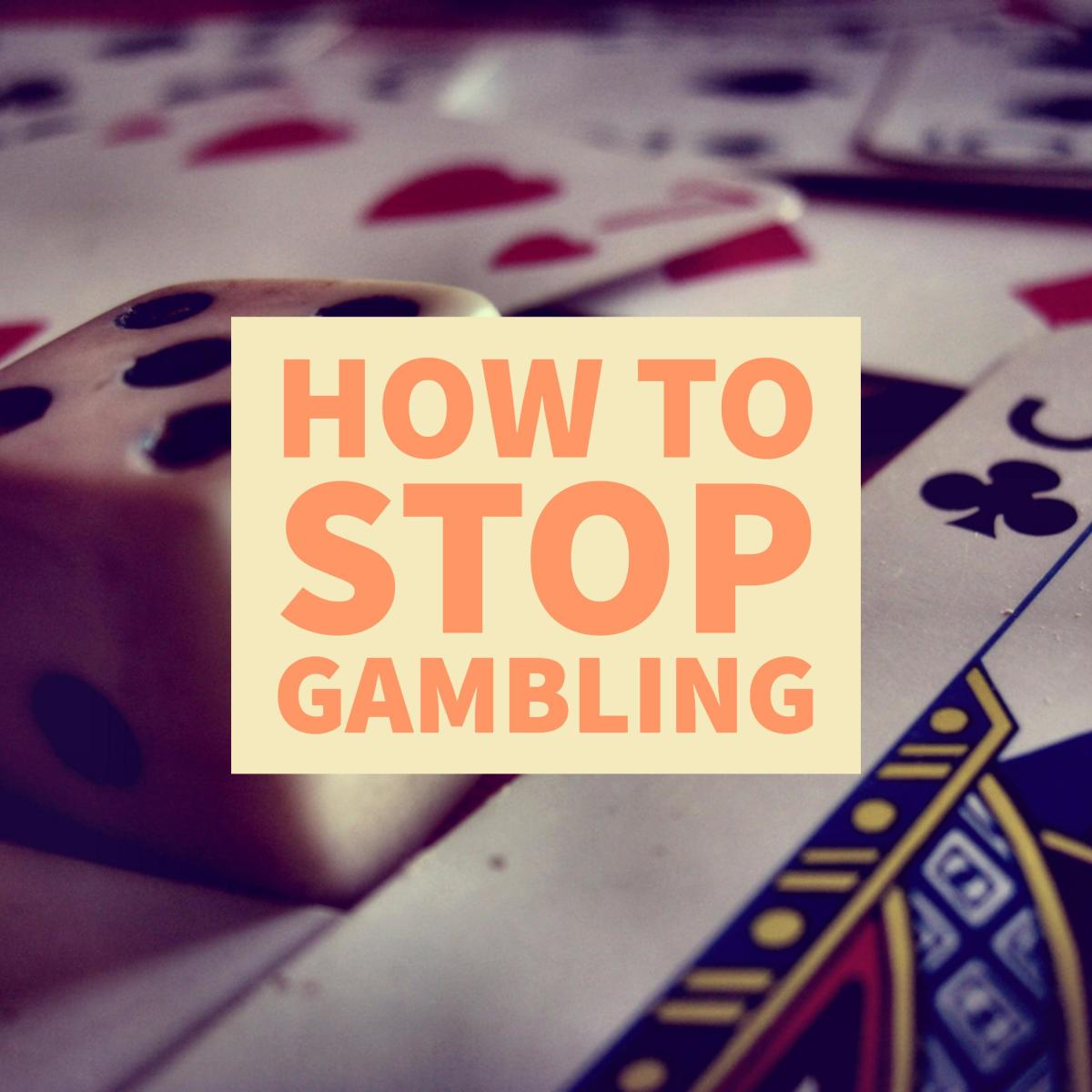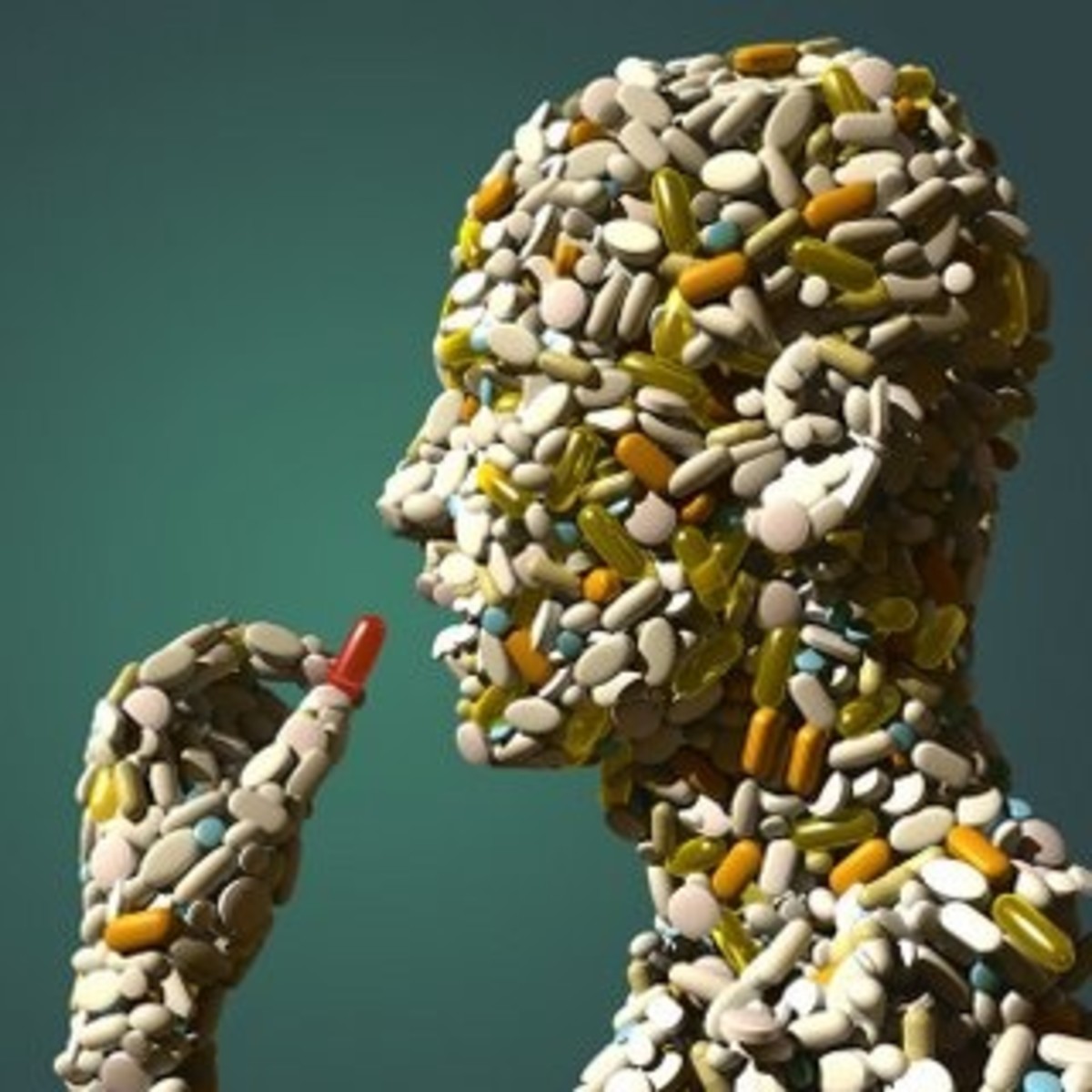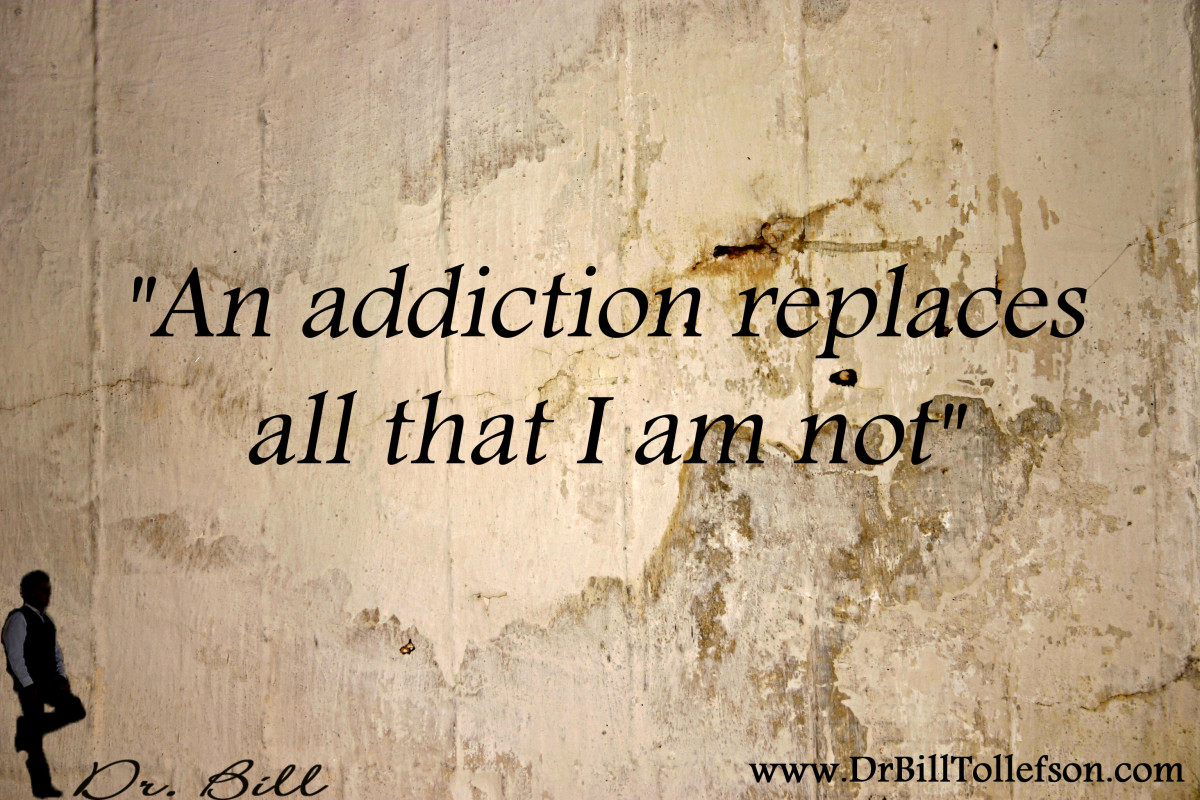- HubPages»
- Health»
- Mental Health»
- Addiction
The Ignored Addiction: Pathological Gambling
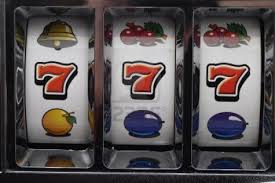
Introduction
Pathological gambling destroys the lives of many people who have almost no hope for relief. Pathological gambling, as a mental addiction, creates multiple problems in gamblers’ lives. Since pathological gambling is similar to drug addiction, pathological gamblers cannot simply fight off their addiction with willpower. Without the willpower to ward off their addiction, some people in casino towns lose money constantly. The effect of a great financial loss exacerbates other parts of the lives of pathological gamblers. They usually cannot support their gambling addiction financially and they often resort to criminal activities. The only hope for pathological gamblers is healthcare; however, it is very unsuccessful.
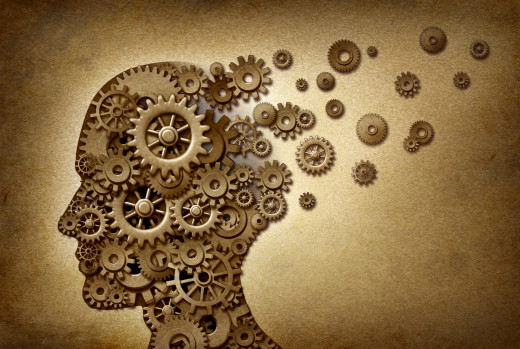
Pathological Gambling as a Mental Illness
Pathological gambling causes many problems in addicts’ mental and even physical health. Pathological gambling disorder is “characterized by uncontrollable gambling well beyond the point of a social or recreational activity, such that the gambling has a major disruptive effect on the gambler's life.” In other words, when gambling precedes everything important in gamblers’ lives, they have succumbed to pathological gambling.
This shift of importance is revealed by the following warning signs, provided by The Center for Counseling & Health Resources: increasing preoccupation with gambling, use of gambling as a way to escape problems or relieve depression, inability to stop playing regardless of winning or losing and in spite of constant vows to abstain, restlessness or irritability when attempting to cut down or stop gambling, lying to family members or others to hide the amount of gambling, neglect of responsibility, losing or jeopardizing an important relationship due to gambling, wide mood swings, and gambling another day to win back money lost gambling. Pathological gamblers’ minds are held hostage to gambling.
The mental takeover of a gambling addiction is classified as a mental health problem. Depression, suicidal thoughts, and social isolation are likely symptoms for pathological gamblers. These mental problems not only affect the brain but also lead to physical exhaustion, poor sleep, weight gain, high blood pressure, and excessive alcohol intake. Problems constantly arise for pathological gamblers, because their epicenter of life is gambling. In fact, for these people, gambling becomes so important that it consumes their lives.

Gambling and Drugs: One in the Same
Pathological gambling is similar to drug addiction, as pathological gamblers have almost no control over their gambling. Magnetic Resonance Imaging (MRI) machines have recently peeked into the brains of pathological gamblers while gambling and received a shocking revelation. “Dopamine, a chemical that regulates human behavior, including weighing relative rewards and anticipation of those rewards, flooded a part of gambling addicts’ midbrains called the nucleus accumbens. The chemical rush created overstimulated feelings of interest and excitement for the addicts — a reaction that did not occur among non-addicts.”
This process in the brain is similar to that of substance abuse. The chemical rush soon becomes a necessity for pathological gamblers and cocaine addicts alike. However, cocaine remains illegal everywhere, while gambling is commonplace certain places. Although gambling is not as addictive as cocaine, people cannot know if they will become addicted to gambling because it is a “biological brain disorder.” This means that genetics decide whether or not a person is addictive, not the person, and once a person becomes addicted, money problems are destined to arise.

Money Lost
A place such as Nevada has many pathological gamblers who lose substantial amounts of money to gambling. Neal Peirce, a writer for Seattle Times stated, “A 2002 statewide study, commissioned by Nevada's Department of Human Resources, found that 3.5 percent of the state's population could be classified as ‘probable’ pathological gamblers, and another 2.9 percent slightly less serious gamblers — in other words, one of every 16 adult Nevadans.”
A massive amount of money is lost on average by adults in Clark County. William Thompson and William Epstein, University of Nevada-Las Vegas scholars, discovered the average loss to be $1,511 a year, almost four times larger than the average loss of the entire U.S. However, “The average debt incurred by a male pathological gambler in the U.S. is between $55,000 and $90,000 (it is $15,000 for female gamblers).” Unable to stop, pathological gamblers constantly gamble away thousands of dollars.

Life Problems
Losing so much money through gambling addiction is likely to result in life problems. When Illinois State University’s Prof. Henry Lesieur surveyed members of Gamblers Anonymous in Illinois, 26 percent said they had divorced or separated because of gambling; 34 percent had lost or quit a job; 44 percent had stolen from work to pay their gambling debts; 21 percent had filed for bankruptcy.” Divorce, unemployment, stealing, and bankruptcy are what face people who gamble pathologically. This is because pathological gamblers lose so much money to their addiction, yet still have an uncontrollable urge to gamble.
Pathological gamblers must exploit all possible sources of money to feed their addiction, and such exploitation certainly will sever ties with many people in gamblers’ lives. Since many ties to loved ones are broken, it is no wonder that “the suicide rate for pathological gamblers is twenty times higher than for non-gamblers (one in five attempts suicide).” Such a high suicide rate explicitly shows that pathological gambling ruins lives, since pathological gamblers commit suicide to escape the problems their lives bring.

Crime
Crime rates drastically increase with pathological gambling, which creates a dangerous environment. Bill McCollum, the Attorney General of Tallahassee says, “A recent study found more than two-thirds of compulsive gamblers had engaged in criminal activity, including violent crimes, because of a gambling problem.” Las Vegas supports this research with a crime rate that is almost twice the national average. Pathological gamblers do not have control over their actions; as a result, they mug or steal from innocent people to support their gambling addictions.
Wherever casinos go, crime follows. Towns with newly built casinos soon see their crime rate rise by 7.7%. It is obviously not a coincidence that “sixty-five percent of pathological gamblers commit crimes to support their gambling habit” and that crime rates positively correlate with casinos. Consequently, many cities are very unsafe due to pathological gamblers, who are reckless because their addiction manipulates them. Since pathological gamblers are so altered and destructive because of their addiction, their only hope is to rely on healthcare for help.

The Failure of Healthcare
Nevertheless, healthcare provided for pathological gamblers is greatly ineffective. Three treatments are most often used to end pathological gamblers’ addiction. Gambler’s Anonymous, as one of those treatments, is “a 12-step program similar to Alcoholics Anonymous.” Gambler’s Anonymous (GA) focuses on getting pathological gamblers to become abstinent; however, GA is likely to fail with “approximately [an] 8%...abstinence” rate every year. The most effective treatment is cognitive behavioral therapy (CBT), which “is administered by a trained professional” instead of a support group. CBT “is found to substantially decrease gambling urges.” The last available treatment is medicating the pathological gamblers. Many drugs have been known to reduce urges to gamble, such as “antiseizure medications like carbamazepine (Tegretol) and topiramate (Topamax), mood stabilizers like lithium (Eskalith, Lithobid), medications used to address addictions like naltrexone (ReVia), antidepressants like clomipramine (Anafranil) and fluvoxamine (Luvox).”
Combinations of drugs and therapy can reduce gambling problems; however, most pathological gamblers cannot pay for these treatments. “In 2006, 47 million Americans did not have any type of insurance.” In 2008, Nevada had the second highest uninsured rate, with 24.7% of the population having no health insurance. Not only is the lack of health insurance drastic, but the United States also has the most expensive cost for healthcare, which is more than twice the amount of money compared to most other countries. Consequently, pathological gamblers, who are already suffering financially, cannot pay for any treatments and therefore shall most likely remain addicted.
Moving Forward
Since healthcare cannot be relied upon, people need to take action against pathological gambling, because the addiction causes many problems. The National Gambling Impact Study Commission’s report recommended more public awareness, education, and prevention programs for both adolescents and adults. The Commission suggested that legal gambling facilities be required to state a policy on the problem of pathological gambling and train their management and staff to recognize and discourage it.
Gaming industries must be targeted as the source of pathological gambling. State legislatures should impose larger taxes on gaming industries for the amount of pathological gamblers that gamble there. These taxes would be used to prevent or help pathological gamblers, while also encouraging gaming industries to forbid pathological gamblers from their facilities. We need to stop pathological gambling in order to have safer and less destructive gaming.
Sources
"America's Gambling Fever." U.S. News. U.S.News & World Report, 01 July 1996. Web. 29 Nov 2011.
Benston, Liz. "Illness theory gaining ground for gambling addiction." Las Vegas Sun. Las Vegas Sun, 23 Nov 2009. Web. 29 Nov 2011.
Dryden, Roxanne, and Shields, William. "What is the treatment for gambling addiction?" MedicineNet.com. MedicineNet, Inc., n.d. Web. 29 Nov 2011.
“Gambling Facts and Statistics.” Overcoming Gambling. The Center for Counseling & Health Resources, Inc. n.d. Web. 29 Nov 2011.
"Pathological gambling disorder." Encyclopedia of Mental Disorders. Advameg, Inc. 2011. Web. 29 Nov 2011.
Peirce, Neal. "America's gambling addiction threatens the nation's soul." The Seattle Times. The Seattle Times Company Network, 27 Aug 2011. Web. 29 Nov 2011.
"Problem gambling." Harvard Health Publications. HarvardUniversity, Mar 2004. Web. 29 Nov 2011.
Mawer, P. (2010) Overcoming GamblingLondon: Sheldon Press
McCollum, Bill. "The statistics are sobering." People Against a Casino Town . People Against a CasinoTown, 02 Oct 2007. Web. 29 Nov 2011.
Morris, Chris, and Alex, Richards. "Nevada No. 2 in 18- to 64-year-olds without health insurance." Las Vegas Sun. Las Vegas Sun, 15 Jun 2009. Web. 29 Nov 2011.
Russel, James. Social Problems. 4th. Belmont: Wadsworth, 2012. Print.
Swartz, Katherine. Social Problems. 4th. Belmont: Wadsworth, 2012. Print.
Vorvick, Linda. "Health Guide." The New York Times. The New York Times Company, 26 Apr 2008. Web. 29 Nov 2011.

